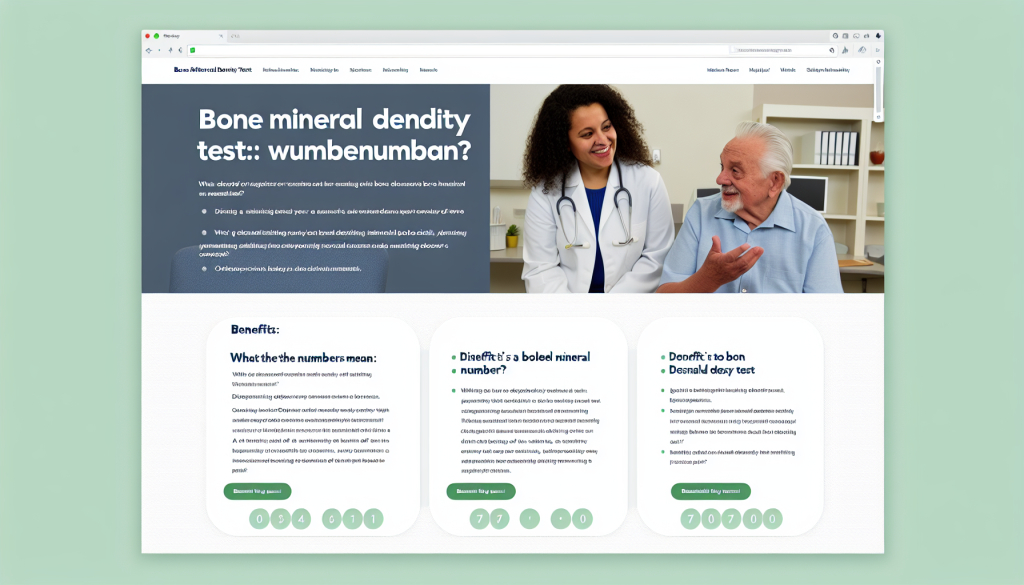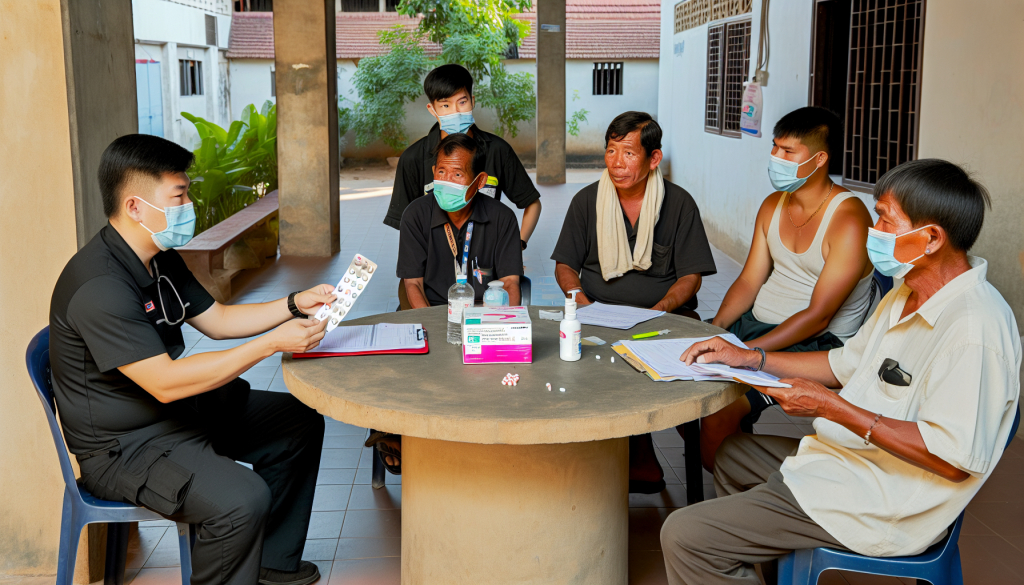Ayurveda Remedies: A Comprehensive Guide
Is Ayurvedic Medicine Safe?
Certain Ayurvedic products may include harmful levels of metals such as lead, mercury, or arsenic, which can be dangerous to health.
Is Ayurvedic Medicine Effective?
Some research suggests Ayurvedic approaches might relieve pain and improve mobility for people with osteoarthritis or assist in managing type 2 diabetes symptoms. However, these studies tend to be small or lack strong design, so more solid scientific evidence is needed to confirm effectiveness for other conditions.
How Much Is Known About Ayurvedic Medicine?
While Ayurvedic practices have been discussed in academic literature, only a limited number of clinical studies on them have appeared in major Western medical journals. Currently, roughly 240,000 adults in the U.S. report using Ayurvedic treatments.
What Is Ayurvedic Medicine?
Ayurveda, a traditional healing system from India, takes a natural and comprehensive view of physical and mental well-being. As one of the oldest health practices globally, its treatments combine plant-based products (sometimes including animal or mineral substances), dietary changes, physical activity, and lifestyle shifts.
Scientific Insights on the Effectiveness of Ayurvedic Medicine
There is limited but growing scientific evidence suggesting Ayurvedic methods may be beneficial.
- A 2013 trial compared two herbal Ayurvedic remedies with glucosamine sulfate and the pharmaceutical drug celecoxib in 440 people with knee osteoarthritis. All participants experienced similar improvements in pain and joint function.
- A 2011 pilot study involving 43 individuals with rheumatoid arthritis found comparable benefits from traditional treatments and Ayurvedic therapies. The Ayurvedic approach used a blend of 40 plant-based ingredients, while the standard drug was methotrexate.
- A small study on 89 participants indicated that a mix of five Ayurvedic herbs might improve blood sugar control in type 2 diabetes, but weak study designs make it difficult to draw firm conclusions.
- Turmeric, commonly used in Ayurveda, showed modest potential benefits in treating ulcerative colitis in small studies, though further research is required.
Scientific Insights on the Safety of Ayurvedic Medicine
- Some Ayurvedic products are made with minerals, metals, or gems. These can pose health risks, and the U.S. FDA has expressed concern about their safety.
- A 2015 study found that 40% of people using Ayurvedic products had elevated blood lead levels, and many also had increased levels of mercury. Testing showed that around 25% of these supplements contained higher-than-safe levels of lead and nearly half had too much mercury.
- An individual case in 2015 linked high blood lead levels in a woman to Ayurvedic products bought online.
- Occasionally, Ayurvedic items can result in arsenic poisoning, although such cases are uncommon.
NCCIH-Funded Research
Research funded by the National Center for Complementary and Integrative Health (NCCIH) includes:
- Evaluating a multi-element Ayurvedic intervention for breast cancer survivors, consisting of dietary guidance, physical practices like yoga, lifestyle tools, and acupressure, with a focus on ease of use and improved quality of life.
- Exploring how a flower extract from the Butea monosperma plant might protect joints in osteoarthritis, a plant widely used in Ayurveda for inflammatory conditions.
Points to Keep in Mind
- Ayurvedic treatments should not replace seeing your regular health care provider for medical conditions.
- If you are dealing with a health issue, consult your primary physician before turning to Ayurvedic remedies.
- In the U.S., there is little regulation over who can practice Ayurveda, as no state mandates professional licensing.
- If you are pregnant or nursing, speak with your doctor before using any Ayurvedic products, as some may be unsafe during these periods.
- Let all your health care providers know about any holistic or integrative treatments you are using to help maintain safe and coordinated care.
For More Information
NCCIH Clearinghouse
Contact for general information on integrative and complementary health topics.
Toll-free: 1-888-644-6226
TRS: 7-1-1
Know the Science
Educational tools developed by NCCIH and NIH help people understand scientific research methods, so they can make more informed health decisions. These include videos, interactive guides, and quizzes.
PubMed®
A database from the National Library of Medicine offering summaries and references of scientific studies from reputable journals.
NIH Clinical Research Trials and You
A site by NIH designed to educate people about the importance of clinical trials and how they can get involved, along with personal stories and FAQs.
Cochrane Database of Systematic Reviews
This international repository contains evidence-based reviews summarizing the outcomes of clinical research. Summaries are freely accessible.
Research Portfolio Online Reporting Tools Expenditures & Results (RePORTER)
A platform with details on federally funded research projects across scientific and health-related fields.
Key References
- Breeher L, Mikulski MA, et al. Report on lead poisoning from Ayurvedic use. Int J Occup Environ Health. 2015;21(4):303–307.
- Chopra A, Saluja M, et al. A 2013 study found Ayurvedic medicine comparably effective to other treatments in knee osteoarthritis. Rheumatology. 52(8):1408–1417.
- Clarke TC, Black LI, et al. Trends in complementary health approaches. Natl Health Stat Rep. 2015.
- Furst DE, Venkatraman MM, et al. A pilot study comparing Ayurvedic treatment to methotrexate. J Clin Rheumatol. 2011;17(4):185–192.
- Koch I, Moriarty M, et al. Investigated lead and arsenic in traditional medicines. Sci Total Environ. 2011;409(21):4545–4552.
- Kuptniratsaikul V, Dajpratham P, et al. Turmeric extract vs ibuprofen for knee osteoarthritis. Clin Interv Aging. 2014;9:451–458.
- Kurian GA, Manjusha V, et al. Herbal diabetes treatment short-term effects. Nutrition. 2014;30(10):1158–1164.
- Meiman J, Thiboldeaux R, et al. Lead poisoning linked to Ayurvedic use. MMWR. 2015;64(32):883.
- Sridharan K, Mohan R, et al. Cochrane review on Ayurvedic diabetes treatment. Cochrane Database Syst Rev. 2011;(12):CD008288.
- Taylor RA, Leonard MC. A review of turmeric for bowel disease. Altern Med Rev. 2011;16(2):152–156.
- Darvesh AS, Aggarwal BB, et al. Curcumin's potential in liver cancer prevention. Curr Pharm Biotechnol. 2012;13(1):218–228.
- Patwardhan B. AYUSH integration with modern medicine. EPMA J. 2014;5(1):19.
- Pinto B, Goyal P, Flora SJ. A case of chronic arsenic poisoning after taking Ayurvedic remedies. J Med Toxicol. 2014;10(4):395–398.
- Singh HK. Review on Bacopa monniera for brain function. Nutrients. 2013;5(2):478–497.
Acknowledgments
The NCCIH expresses thanks to Dr. David Shurtleff and Dr. Craig Hopp for reviewing the 2019 version of this information.
This publication is in the public domain and may be shared freely. It is not a substitute for professional medical advice, and any treatment decisions should be made in coordination with health care providers. References to specific products or treatments do not imply endorsement by the NCCIH.


